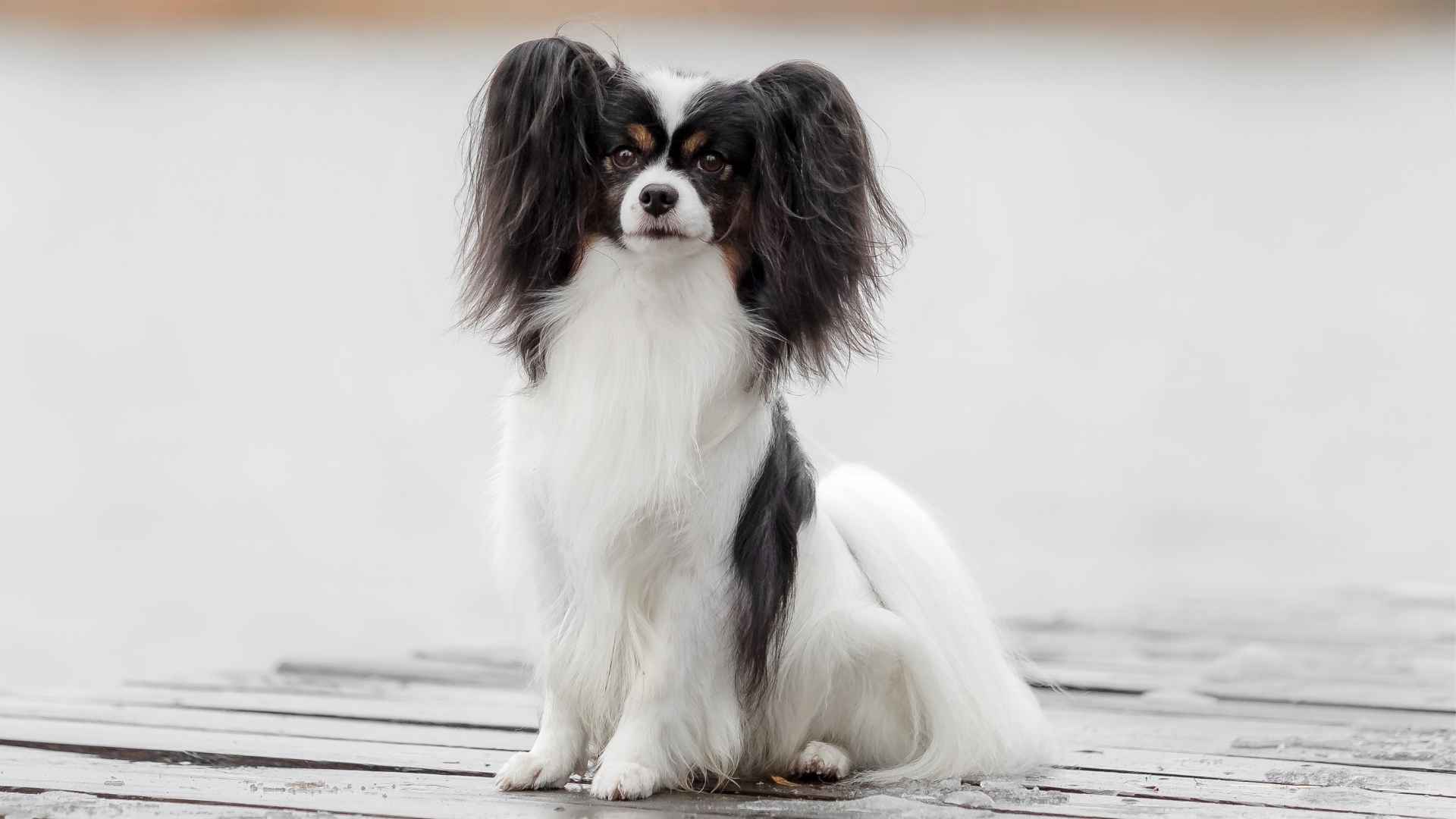Intelligence in dogs isn’t one-size-fits-all; even within small dog breeds, some pups shine when faced with mental challenges.
In a massive study involving 1,002 dogs across 13 breeds, researchers uncovered significant differences in spatial problem-solving and inhibitory control, skills essential for tackling puzzles and navigating tricky environments.
Dogs display social smarts comparable to two-year-old toddlers. A study from the University of Arizona found they follow human gestures—pointing, gazing—and use that info to solve problems, mirroring toddler communication styles. That’s why your pint-sized companion might give you that knowing glance when you’re searching for your keys.
Sprinkle their daily routine with puzzle toys, agility challenges, or games that encourage problem-solving, and you’ll see them thrive—not just physically, but cognitively.
Problem-Solving Small Dog Breeds
Here are the 7 smartest small dog breeds:
1. Miniature Poodle
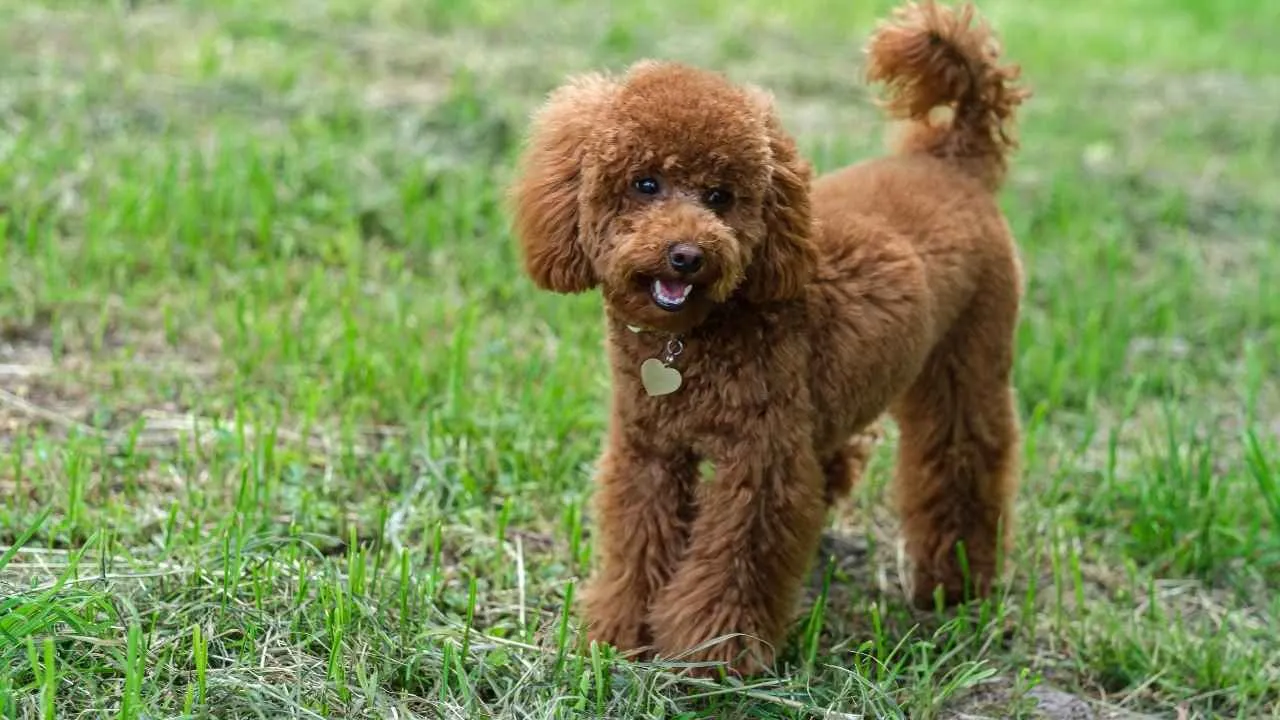
Miniature Poodles are all action, intelligence, and heart. With their compact build and sharp minds, they stand out in the dog world for more than just good looks.
These small dogs are constantly in motion, thriving on mental stimulation, physical activity, and, most of all, connection with their human companions.
Originally bred as water retrievers, Miniature Poodles were designed for both utility and grace. That famous poodle clip? It wasn’t a fashion statement—it was practical, helping them move efficiently in water while protecting essential organs.
Fast forward to today, and their sharp instincts are still at play, whether they’re learning a new command or sniffing out treats hidden inside interactive toys.
Naturally suited for obedience, agility, and even scent detection, like truffle hunting.
A low-shedding coat that may suit some allergy-sensitive homes.
Strong sense of smell and a deep bond with humans.
High energy in a tiny package—perfect for those who can match their pace.
2. Papillon
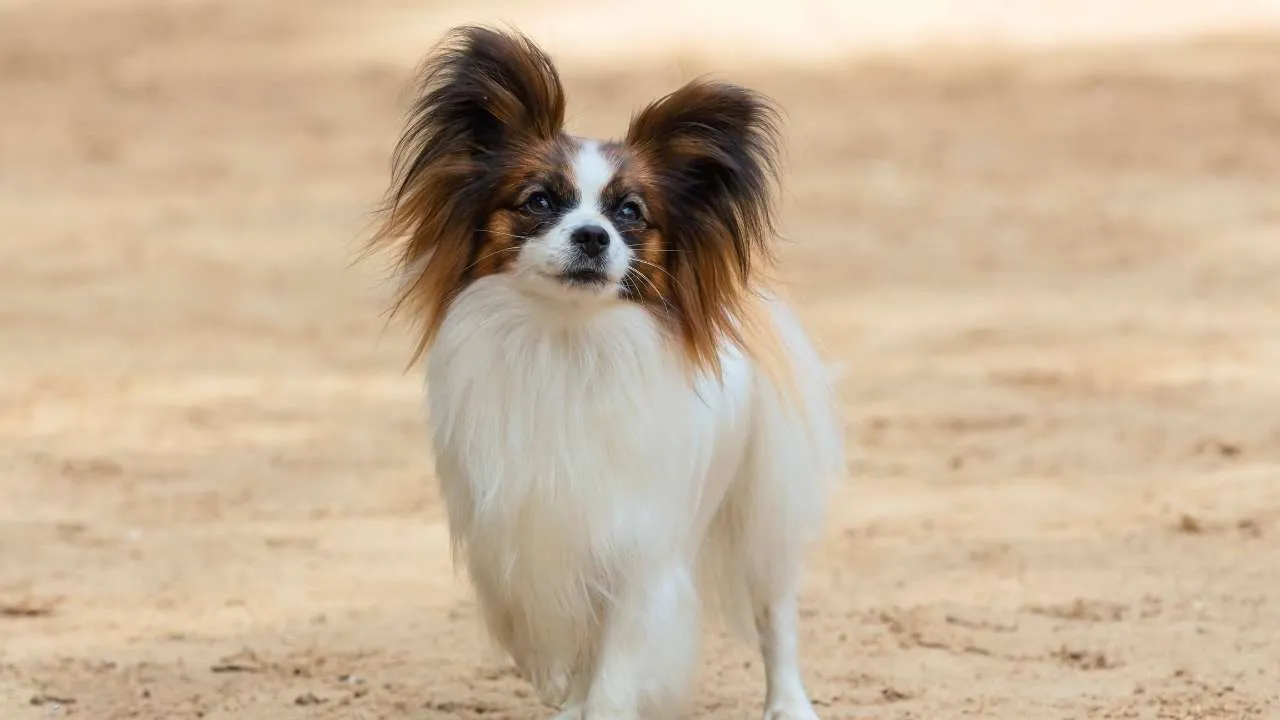
The Papillon is a standout among small dog breeds, both for its striking appearance and impressive brainpower. Named for the butterfly-like shape of its ears, this breed may be tiny, but its exceptional intelligence places it among the top performers in the dog world.
Historically seen in European artwork as far back as the 16th century, the Papillon has long been appreciated for its charm and grace. But beyond aesthetics, this breed offers a strong blend of mental stimulation needs, athletic ability, and eagerness to engage with humans.
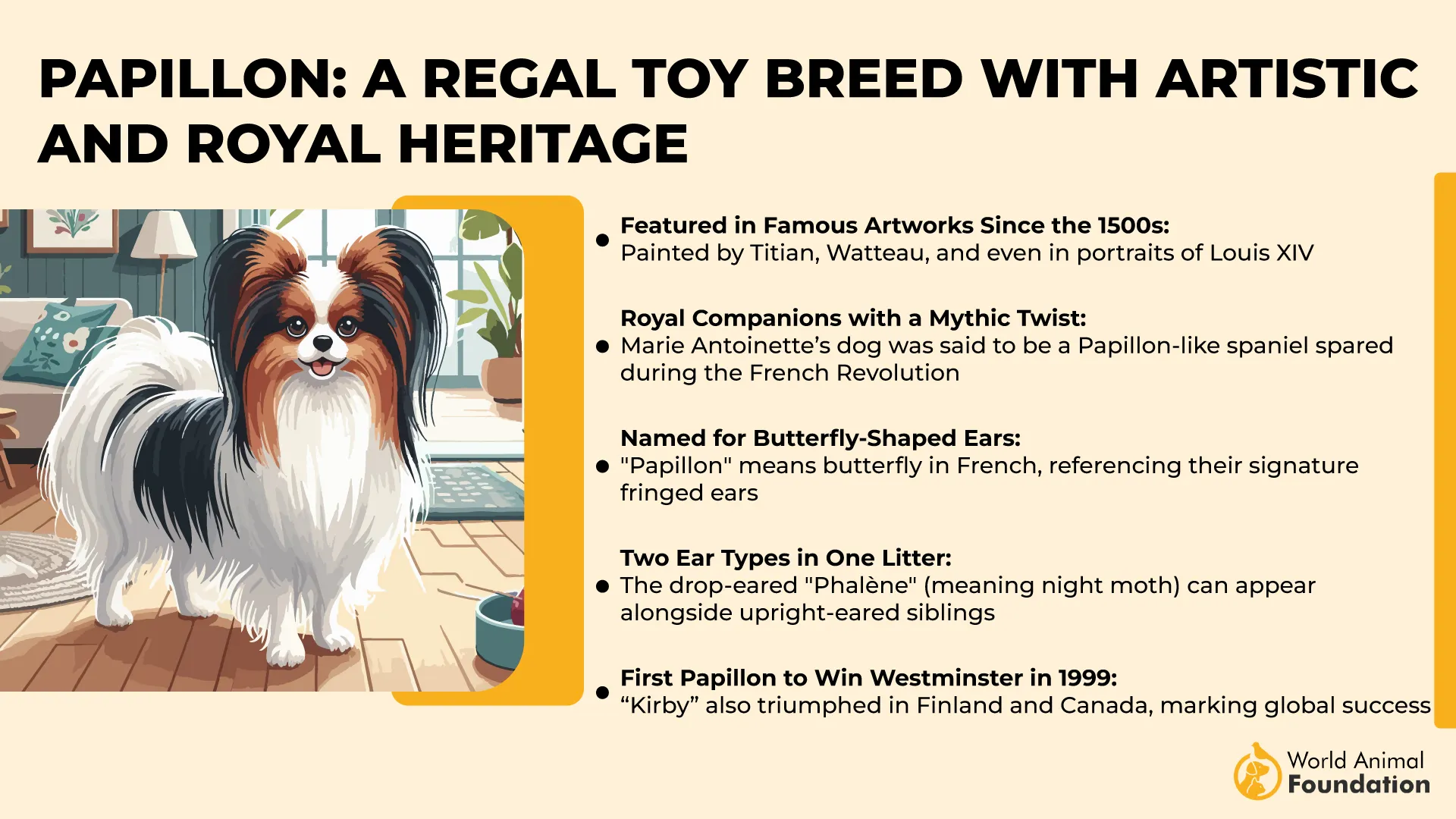
Papillons consistently score high in obedience and agility training trials. Their small frame gives them an edge in maneuverability, allowing them to tackle obstacle courses with speed and precision.
According to PetMD, this breed is also well-suited for therapy work, as they’re known to respond to human emotions and adapt quickly in social situations. Early and consistent training helps channel their energy and sharp minds in the right direction.
Clever and quick-thinking; ideal for complex tasks
Strong need for interactive toys and puzzle toys to stay engaged
Excellent companionship qualities—Papillons often form strong bonds
Natural performers in dog sports like agility and obedience trials
Friendly, curious temperament suited for both activity and affection
3. Miniature Schnauzer
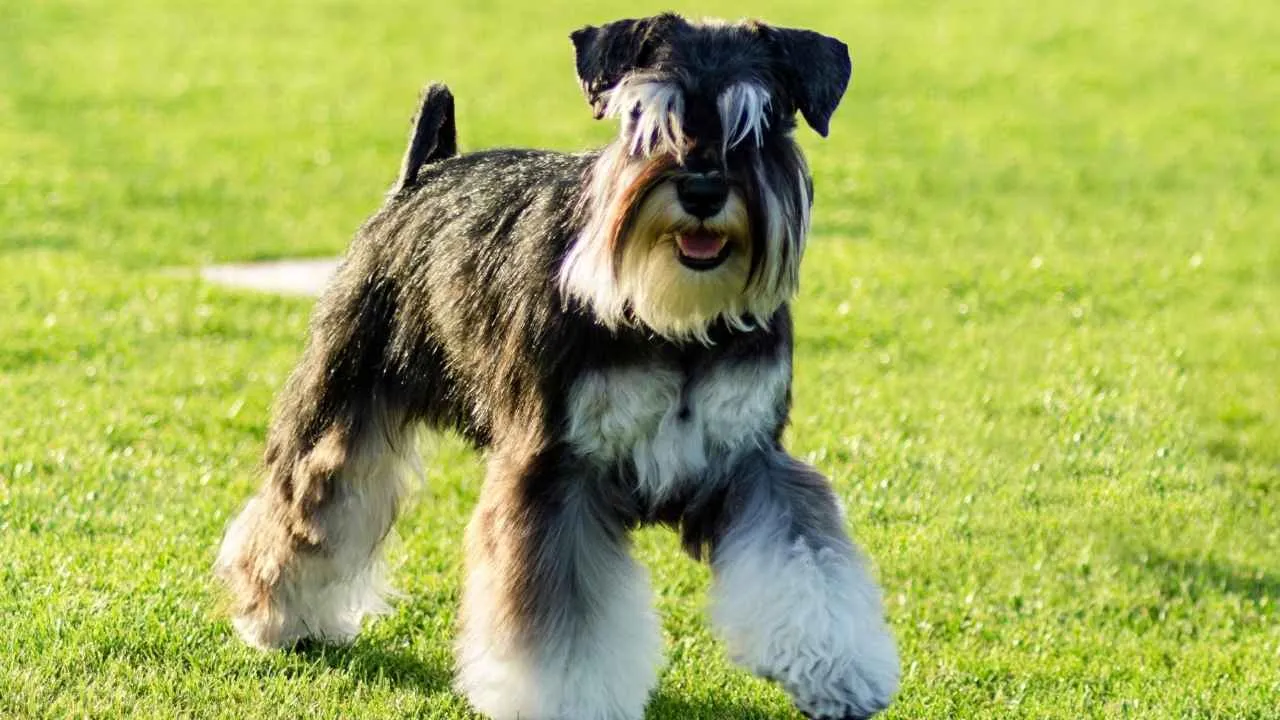
The Miniature Schnauzer stands out among small dogs with its distinctive beard, bold personality, and surprisingly muscular build. Though miniature, this breed is packed with confidence and problem-solving abilities that rival much larger dog breeds.
Originally bred to work on farms in Germany, Miniature Schnauzers served as ratters and alert dogs, a job they performed with sharp focus and fearlessness.
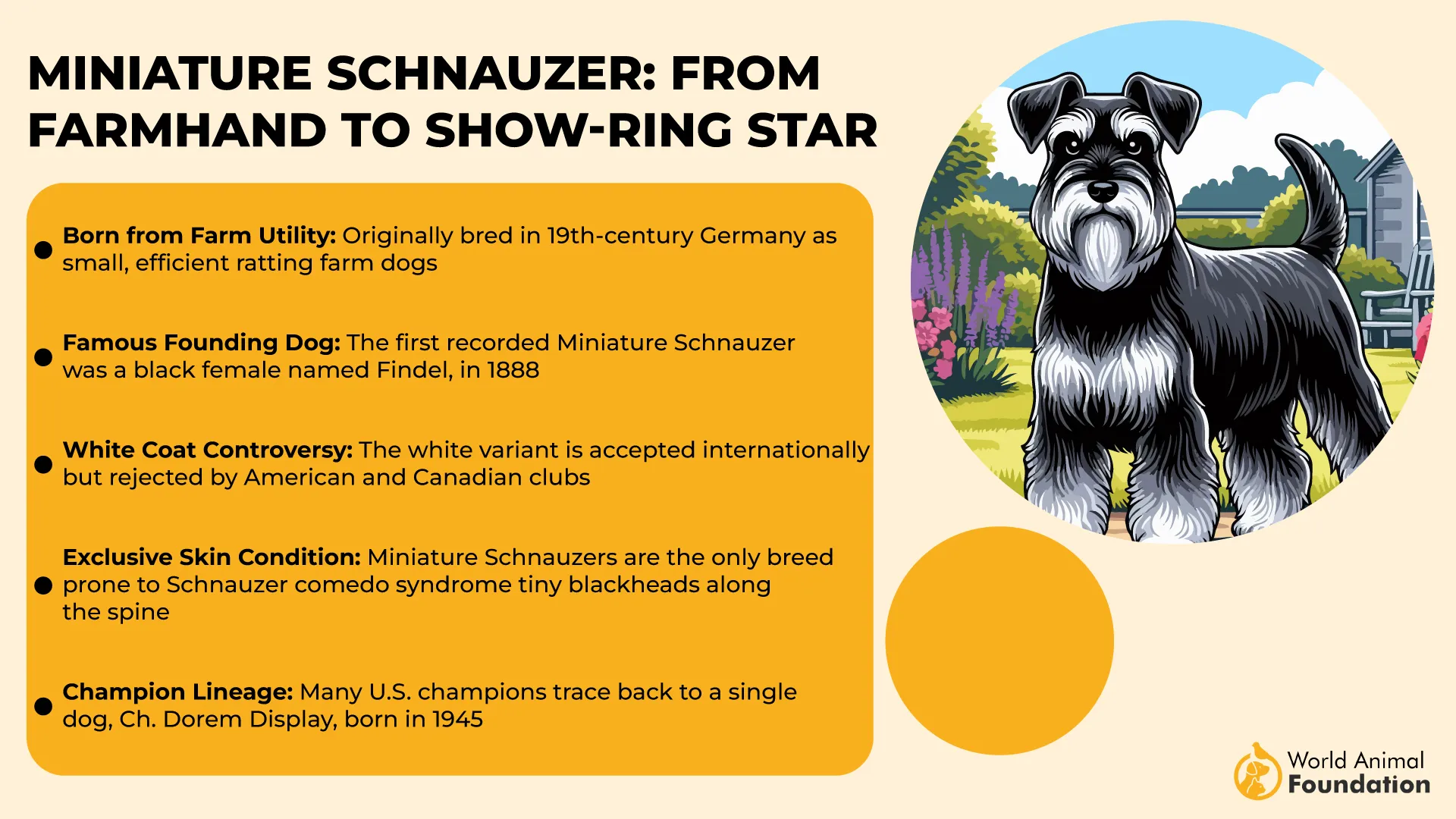
Their protective instincts remain strong today. Many Schnauzers take their role as family watchdogs seriously—quick to use their voice when someone nears the house or yard.
These dogs can be cautious around other dogs or strangers if not exposed early to a variety of sights and sounds. Fortunately, they’re quick learners, especially when guided with reward-based training. Positive reinforcement builds trust and brings out their clever side.
Confident and courageous—even a Schnauzer named Cash once chased off a bear.
Respond well to structured obedience routines and agility work.
Thrive with mental stimulation and regular physical exercise.
Their expressive eyebrows make communication surprisingly easy for humans to read.
4. Cairn Terrier
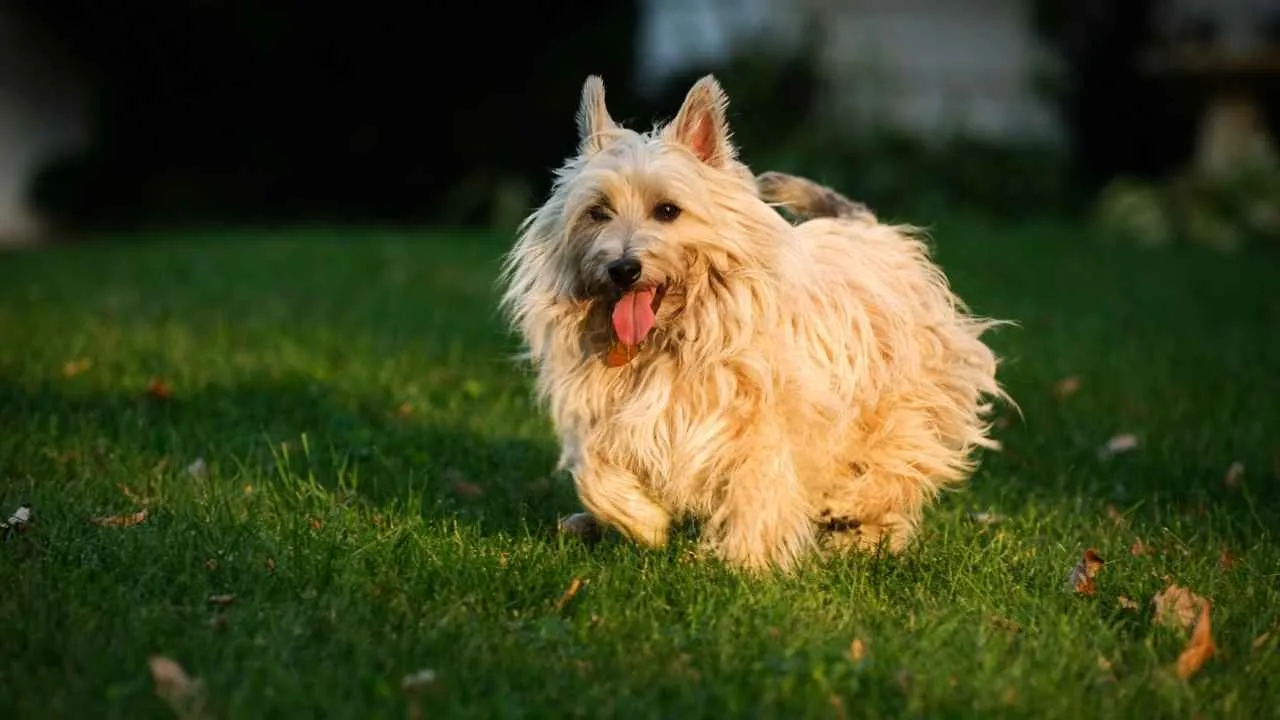
The Cairn Terrier is proof that big personality can come in a tiny, scruffy package. Hailing from the Scottish Highlands, these small dogs were originally bred to track and chase down rodents hiding among rocky outcrops—or “cairns.”
They’re also known for their stubborn streak, which can be a challenge without consistent training, but it’s also a sign of their strong will and intelligence.
Thanks to their hardy coat, Cairn Terriers require minimal grooming. And while they aren’t always fans of cuddling like some toy breeds, their fierce loyalty means they’ll stay close, just on their terms.
Strong prey drive and endless curiosity—great for mental stimulation.
Naturally protective, with a bark that alerts rather than annoys.
Better suited to older kids due to their bold nature and clever temperament.
Great apartment dogs, provided they get enough physical exercise.
According to WebMD, they are not always tolerant of other dogs, but early socialization helps.
Love interactive play that keeps both body and brain engaged.
5. Border Terrier
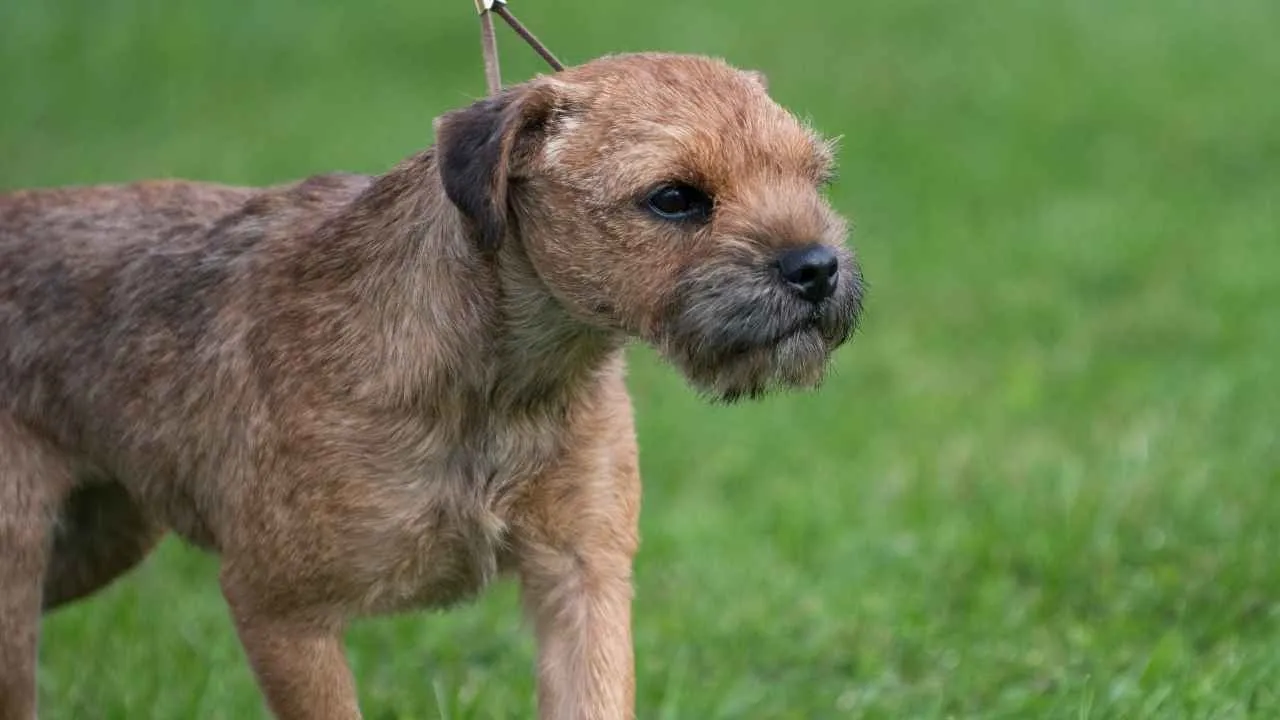
Border Terriers might look modest in size, but they’ve got the drive, stamina, and heart of a much larger dog. Originally developed along the English-Scottish border to assist in fox hunts, these wiry-coated dynamos were bred for grit and agility.
Their slim frame and “otter-like” head weren’t just for looks—they were built to squeeze into burrows and flush prey without hesitation.
Their double coat is weather-resistant, meaning they’re more than game for walks in the rain, snow, or wind. Just expect a little garden digging—they’ve got strong paws and a deeply embedded instinct to excavate.
High endurance and a need for daily physical activity
Strong-willed and best suited for active households
Natural hunting instincts—they thrive on scent work and tracking games
Adaptable coat color from red to grizzle-and-tan, with a naturally rugged appearance
Fearless without being aggressive—these dogs don’t back down easily
Low-maintenance grooming despite their rough-textured fur
6. Jack Russell Terrier
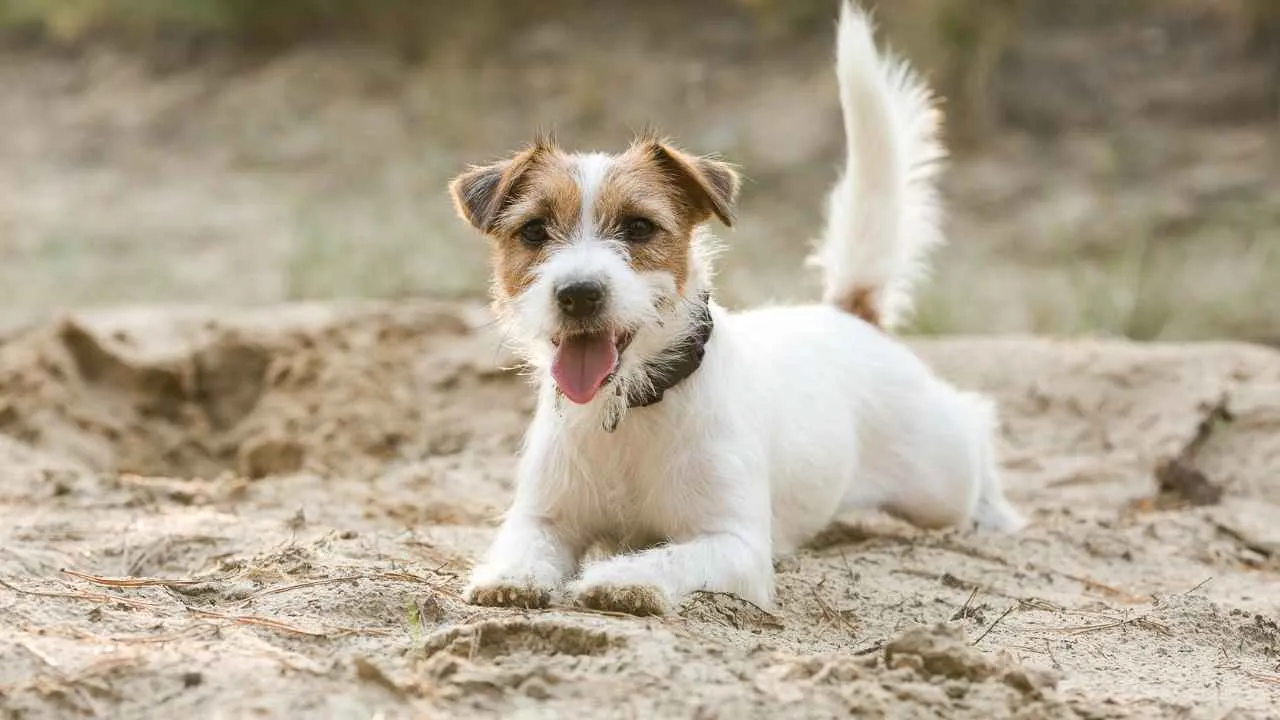
If you’re after a small dog with a big personality and even bigger brainpower, the Jack Russell Terrier should be on your radar. Originally bred by Reverend John Russell for fox hunting, these little dynamos were built for speed, stamina, and sharp thinking. They don’t just follow—they lead, strategize, and improvise.
Give them a puzzle toy or a new challenge, and they’ll be working out solutions before you finish your coffee. But intelligence without direction can become chaos, which is why structured training and daily engagement are non-negotiables for a happy Jack Russell.
Their comedic timing is accidental but consistent. Whether they’re wriggling under the covers like a mole or flopping into sleep mid-pounce, they’re as entertaining as they are intense.
Natural problem-solving skills with high mental acuity
Compact size but explosive jumping ability—don’t underestimate their reach
Strong prey drive and love for fast-paced games or fetch
Known for inventive behaviors and quirky sleeping habits
Can be vocal when excited, frustrated, or trying to alert you
Independent thinkers with a bold, fear-nothing attitude
7. Rat Terrier
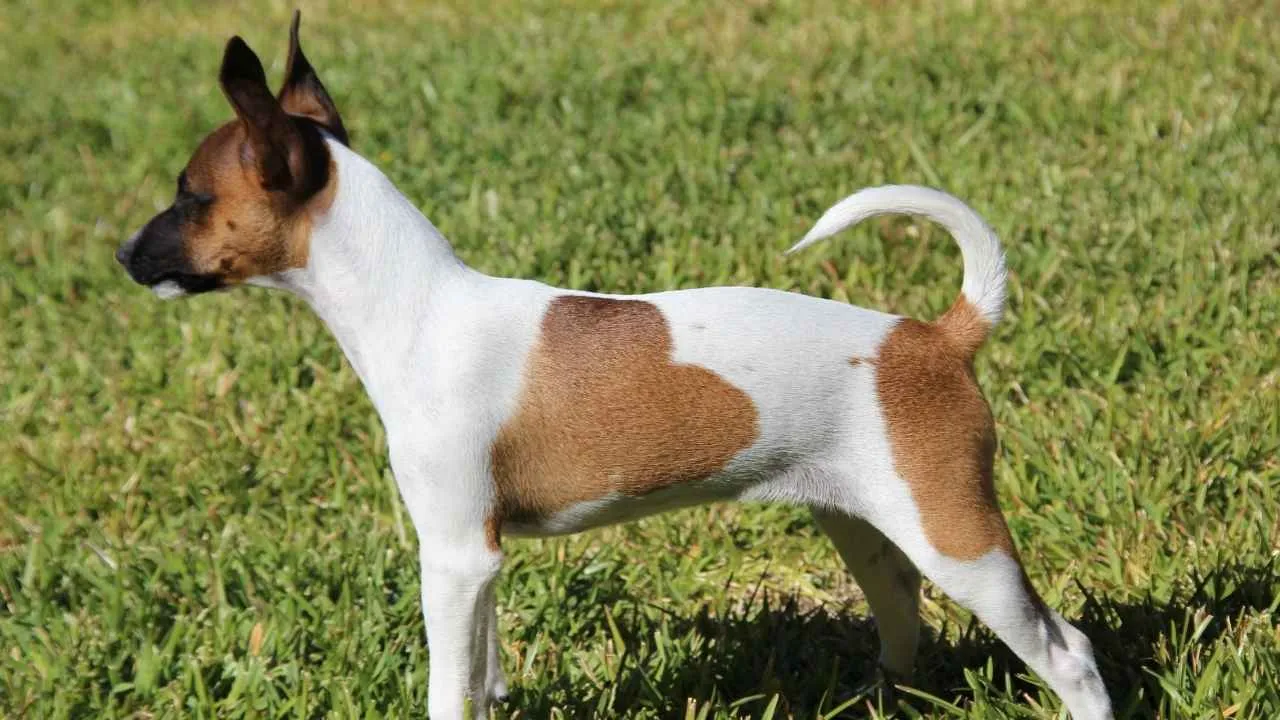
The Rat Terrier may be small, but it comes packed with speed, smarts, and old-school grit. With roots stretching back over 500 years, this all-American farmhand earned its stripes chasing down vermin across barns, fields, and even the White House.
Yes, President Theodore Roosevelt owned one, so effective at pest control that the breed’s name is often linked to him.
Built from a blend of working dogs like the Fox Terrier, Manchester Terrier, and Whippet, Rat Terriers were a farmer’s best ally. Fast on their feet, mentally sharp, and always on alert, they were the go-to for keeping homes rodent-free. But what makes them special isn’t just their history—it’s their versatility today.
High prey drive and lightning-quick reflexes
Incredibly clever and observant—they watch, learn, and act fast
Often excellent with kids, but needs early socialization with smaller pets
Minimal grooming needs thanks to their smooth coat
Compact and adaptable, ideal for active families or individuals
Known for determination, independence, and bursts of hilarious, zippy energy
Conclusion
Intelligence doesn’t come in one size. Some of the sharpest, most highly intelligent problem-solvers in the dog world happen to be the smallest. These compact canines combine quick thinking with a knack for figuring things out on their own.
For owners who enjoy a dog that’s more than just a cuddle buddy, these breeds deliver in spades. They respond well to training, not because they’re obedient by default, but because they’re highly trainable when mentally engaged.
These dogs can rival big dogs in grit and heart, and they often outshine them when it comes to mental agility. Add in their loyalty, adaptability, and larger-than-life personalities, and you’ve got more than just pets. You’ve got wonderful companions who bring brains, energy, and a whole lot of character into your life.


